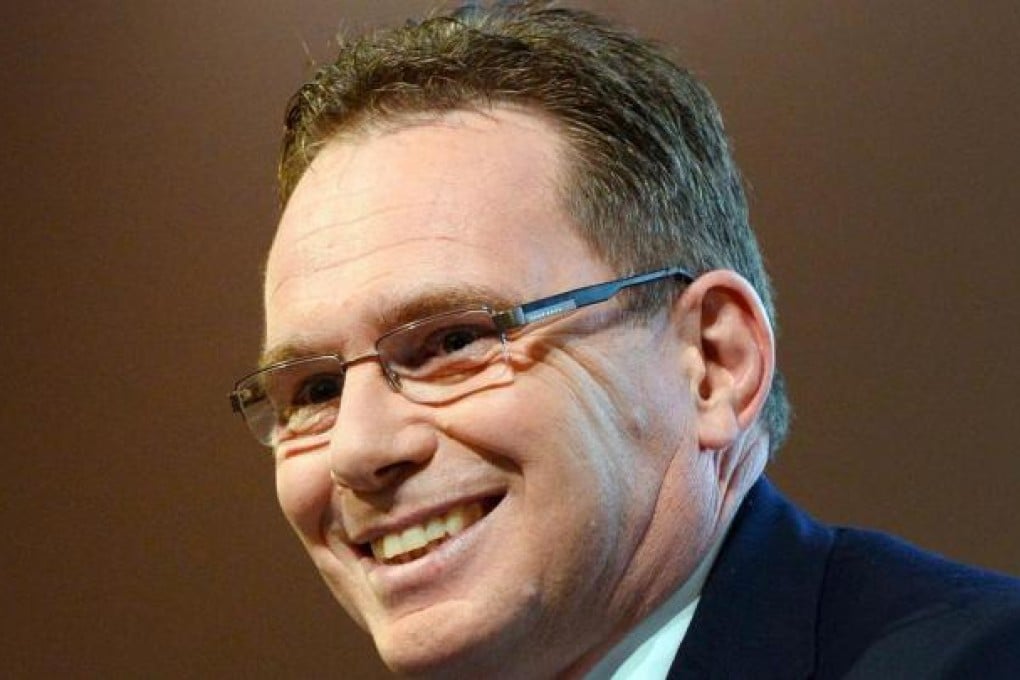BHP's new boss to take a pay cut
World's largest mining company seeks to reduce costs as commodity prices fall

BHP Billiton, the world's largest mining company, will pay its incoming chief executive Andrew Mackenzie less than his predecessor at a time of declining commodity prices and revenue for the industry.
Mackenzie, who will take over from Marius Kloppers, 50, on May 10, will be paid a base salary of US$1.7 million during the 2014 financial year, the Melbourne-based company said. Kloppers' base salary in 2007, when he became chief executive, was US$1.85 million. In 2012, it was US$2.2 million. BHP also reduced Mackenzie's retirement benefits and cut the maximum of performance-linked payments.
"Some downward rebasing at this time is appropriate," chairman Jac Nasser said.
An expected slowdown in demand for minerals makes cutting costs and boosting productivity a "top theme" for the company, Mackenzie, 56, told the ABC broadcaster in February.
BHP unveiled US$1.9 billion in cost savings when it released its half-year results on February 20, as net income declined 58 per cent because of lower commodity prices.
The reduction in salary "shows they're serious about cost cutting and controlling cost", said Paul Phillips, a fund manager with Perennial Growth Management who holds BHP shares.